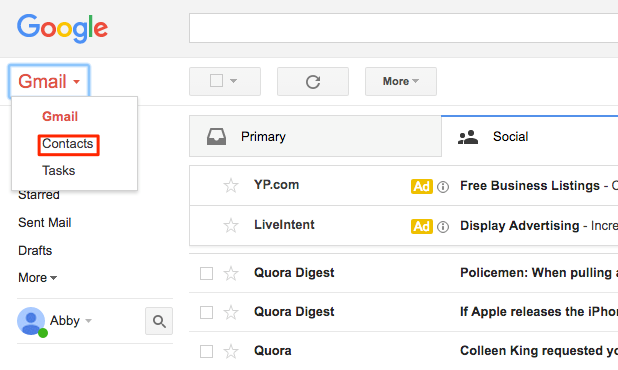

The bottom line is that it's a more radical mediation between the communication you have with other people and with the companies that provide goods, services and content to you. You can also "pin" messages so they stick around, rather than being buried in the in-box avalanche. You can also do mailbox-like "snoozing" to have messages go away and return at some future time.

Inbox identifies addresses, phone numbers and items (such as purchases and flights) that have additional information on the other side of a link, then makes those links live so you can take quick action on them. One way to look at this is that, instead of grabbing extraneous relevant data based on the contents of your Gmail messages and slotting it into Google Now, it shows you those Google Now cards immediately, right there in your in-box. One key feature of Inbox is that it performs searches based on the content of your messages and augments your inbox with that additional information. Instead of tabs, Inbox groups together and labels and color-codes messages according to categories. Another attempt by the company to mediate your dumb email pipe, Inbox is an alternative interface to your Gmail account, rather than something that requires starting over with a new account. This week, Google introduced an invitation-only service called Inbox. Plus, it was a weak form of mediation - merely reshuffling what's already there, but not inviting a fundamentally different way to use email.

Then they added tabs, separating important messages from less important ones via separate containers labeled by default "Primary," "Promotions," "Social Messages," "Updates" and "Forums." That was vaguely popular with some users and ignored by others. They hoped people would use Google+ as a replacement for email. You'll notice that Google has made repeated attempts to replace "dumb pipe" Gmail with something smarter. We rely on Google's "mediation" in determining what's spam and what isn't.īut still, at its core, email is by its very nature an unmediated communications medium, a "dumb pipe." And that's why people like email. Of course, email isn't entirely unmediated. Or, you send a message to someone on Facebook and the social network drops it into their "Other" folder, which hardly anyone ever checks.
#Go for gmail will not close update
Compare this with, say, Facebook, where you post a status update to your friends, and some tiny minority of them get it.


 0 kommentar(er)
0 kommentar(er)
